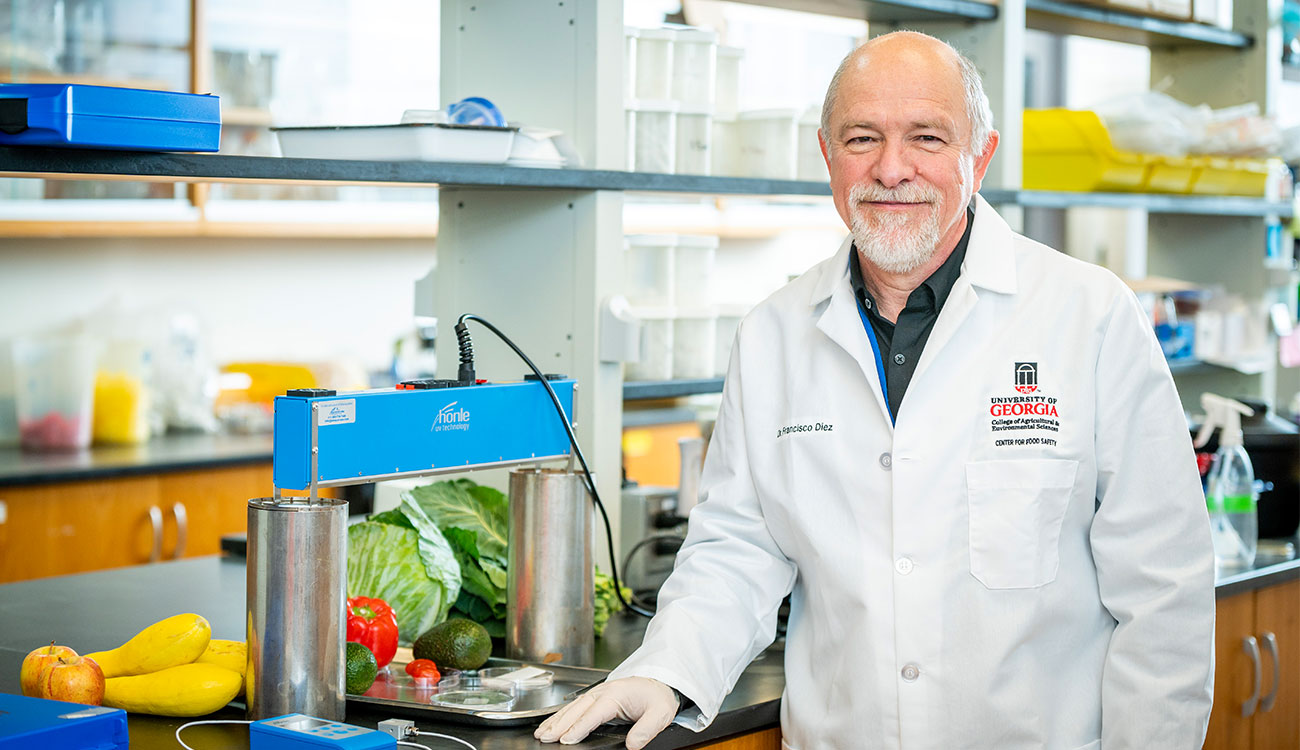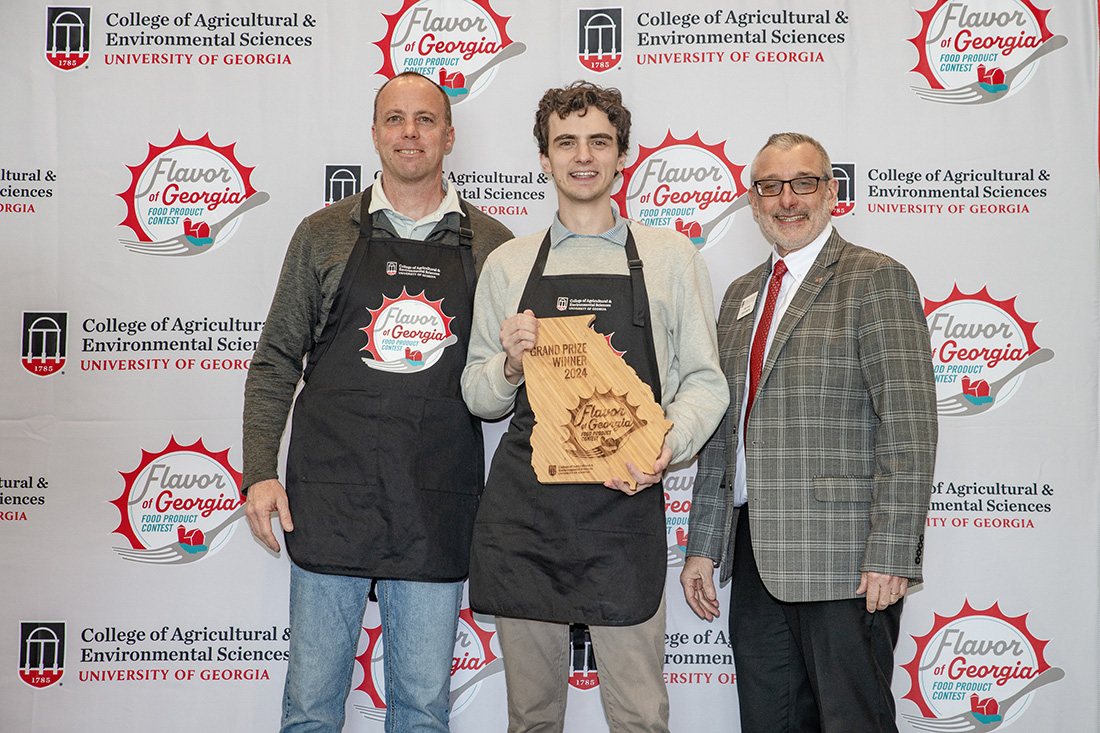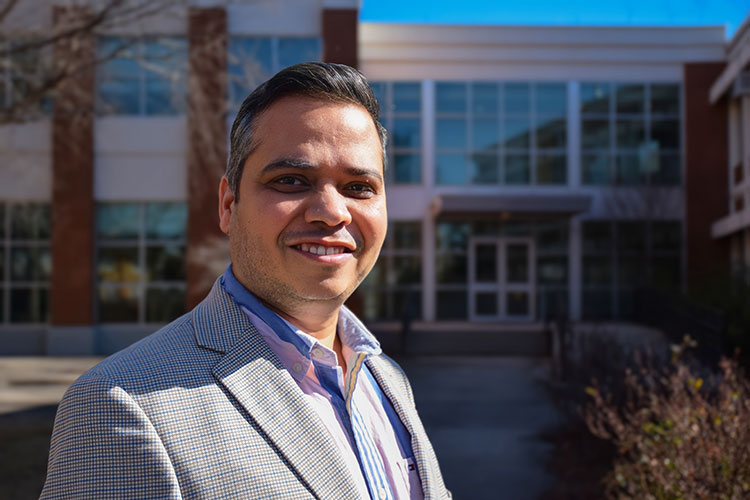
When government officials need expert opinions, they often turn to academia for advice. The University of Georgia’s Center for Food Safety has a long history of working with such entities to help ensure a safe global food supply, and its involvement in government matters deepened last fall when the center’s director participated in a high-profile review of the U.S. Food and Drug Administration.
In 2022 Robert Califf, commissioner of the FDA, requested an independent review of the organization, saying that the agency was confronting numerous challenges that “stressed the agency’s operations” due in part to “our nation’s endlessly complex food systems and supply chain.”
Califf asked the Reagan-Udall Foundation to create a panel to review the culture, structure and leadership, resources and authorities of the FDA. Francisco Diez, director of the UGA Center for Food Safety, which is housed in the College of Agricultural and Environmental Sciences, was selected as one of six experts to conduct the evaluation.
The team gathered information by reviewing documents and meeting with officials, stakeholders and interested groups who offered insight into the FDA. They evaluated the collected data and drafted a report including their findings and the recommendations of the many parties they interviewed. The report was published in December 2022 and is available to the public online.
“I hope that the current commissioner will move swiftly to address the deficiencies that we found,” Diez said. “The reality is that some of them are so complex that it will take years to unravel them, but some action does need to be taken. We provided some suggestions and structure for the commissioner, but ultimately it will be the commissioner's decision about what actions to take.”
The timeline allowed only 60 working days for the panel to conduct the review and draft the report. While the turnaround time was short because of the urgent nature of the request, Diez said he was grateful to participate despite the demands on his personal and professional time.
“It provided a unique opportunity to make a difference,” he said. “In academia, we have the important responsibilities of research, teaching, mentoring and outreach, but we can also have additional high-impact roles to benefit our society. Serving on this panel was a great opportunity to contribute to the food safety system. I have been contributing through research and teaching graduate students, but this opportunity provided an enhanced relevance in my chosen field.”
Academics have a “societal responsibility” to get involved in projects like these. “Scientists are problem solvers,” Diez said, helping address the most pressing needs of society. Whether tracking a foodborne outbreak, mitigating natural disasters or other practical functions, he explained that scientists should help address the needs of the world around them.
“Our job is about finding solutions to explain why things are happening, to create new technologies, and to better deliver information to the public by being willing to speak to the media,” Diez said.
Most scientists participate in professional societies because they provide a channel to communicate research and network with other scientists, but they also provide an opportunity for scientists to serve, said Diez, who maintains involvement with several professional groups and societies. However, the work he did with the FDA review panel stands out amongst his other volunteer roles.
“As an academic, I encourage anybody with a role similar to mine, that if you are approached to serve in volunteer activities such as this, take the opportunity to give your time to contribute to society,” Diez said.
He hopes current and future commissioners use the Reagan-Udall Foundation report to create positive changes within the organization.
“We hope that this document will inspire not just the current commissioner, but future commissioners will take these recommendations seriously,” he said.






